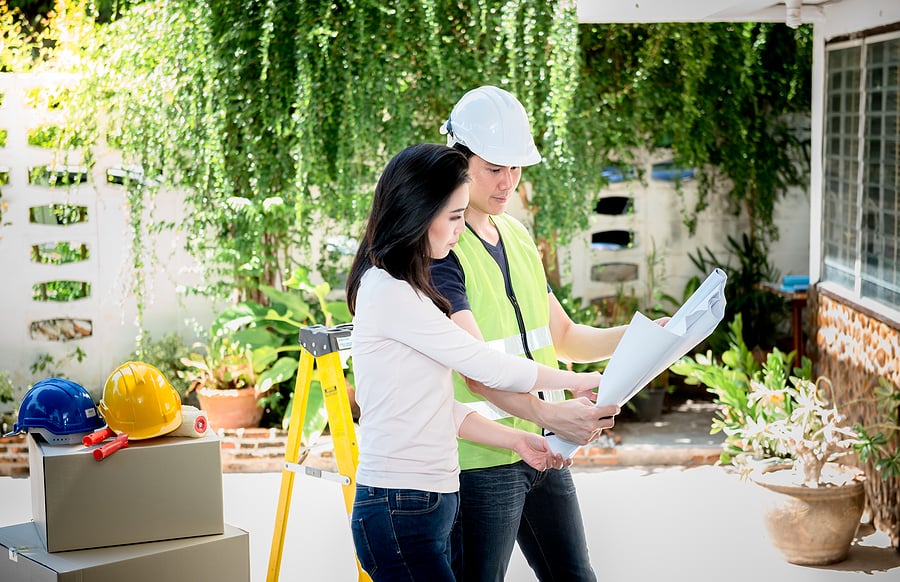In 2020, ATTOM Data Solutions identified that flipping houses consisted of over 7% of home sales in the United States housing market. House flipping indicates that buyers strongly believe they can earn without prior information in the real estate sector. Though the media has been at the forefront to spread real estate information, the bottom line is you need the right personality and resources to make money without engaging in long-term rental property. This guide seeks to help first-time flippers who don't know where to start. Let's dive in.

House flipping refers to buying a house or rental property, holding on to it in a short time, and reselling it to make a profit. House flipping involves purchasing a home as an investment instead of a home for living.
House flipping is among the short-term housing investment strategies. The real estate deal features a step by step guidelines. Within three months, you could be owning a house. However, this period is greatly dependent on several factors. These include:
Now, let's go through the seven steps you have to observe to flip a property successfully.
Like in any other entrepreneurial venture, the first idea to house flipping is to consider how much you can afford or spend to own a property. The much you will invest depends on personal savings and the available money options. Mortgage loans do not qualify as a budget strategy; hence you'll be required to seek alternative channels for purchasing a property.
Drawing a budget is vital to streamline your asset research and implementation process. Additionally, you'll save time and money in your hunt. Once you estimate what you require, you can search effectively within a specific range.

Identify the house or property you want to flip. You are guided by your budget, conduct market research with the range you can afford. Also, it's advisable to get a house near your locality. You will need to be near the property you buy to supervise your work. Additionally, put into consideration the state of the local housing market. The most advisable flipping modes are distressed properties, short-sales, and bank-owned homes, among other sub-optimal state assets. Choose a property within an area limited to new residential housing construction activities.
Before you settle for a house, think of making some informed calculations. You won't need a math specialist; you analyze the profit potential of the asset you are eying. Just as in other entrepreneurial strategies, you should identify some houses to analyze and determine the most lucrative one for a novice investor. Consider the following:
Once you've settled on the house you want to flip, contact the owner. For instance, if you have identified a home from the Address Scoop property marketplace, you can get the property and homeowners' contacts and data through the Address board. Acquiring the best offer price is the epitome of your bargaining skills as a house flipper. Keep the focus and get the deal profitable even after the renovations. Don't release your hard-earned dollars before reaching a consensus: many have been carried away by the anxiety.

Fixing up the property is the most exciting step when flipping. In some houses, you only require basic cosmetics, and the property is ready for the market, winning an excellent market profit margin. On the other hand, you will need to do nearly a new house's requisition from foundation to the roof. And for this reason, it's vital to scrutinize what you are buying against what you'll get. You should visit and gauge the property with a real estate expert.
Now you are through with cleaning the cobwebs, step up to sell the house. Starters like you may not own a real estate marketing network. However, you can sell your property through real estate investors, rental properties, and home buyers dashboards.
We are at it again, final negotiation. This time, you are making the sale. After sealing the deal with an experienced home investor, he will bear the precise idea of the market's property value. It is crucial to have an accurate estimate of ARV to balance with the final property profit.
If you want to make money in the short run, or think of flipping. As a novice, table the pros and cons and decide whether to venture into the sector. Are you worried about where to begin? Sign up now for access and get yourself moving.